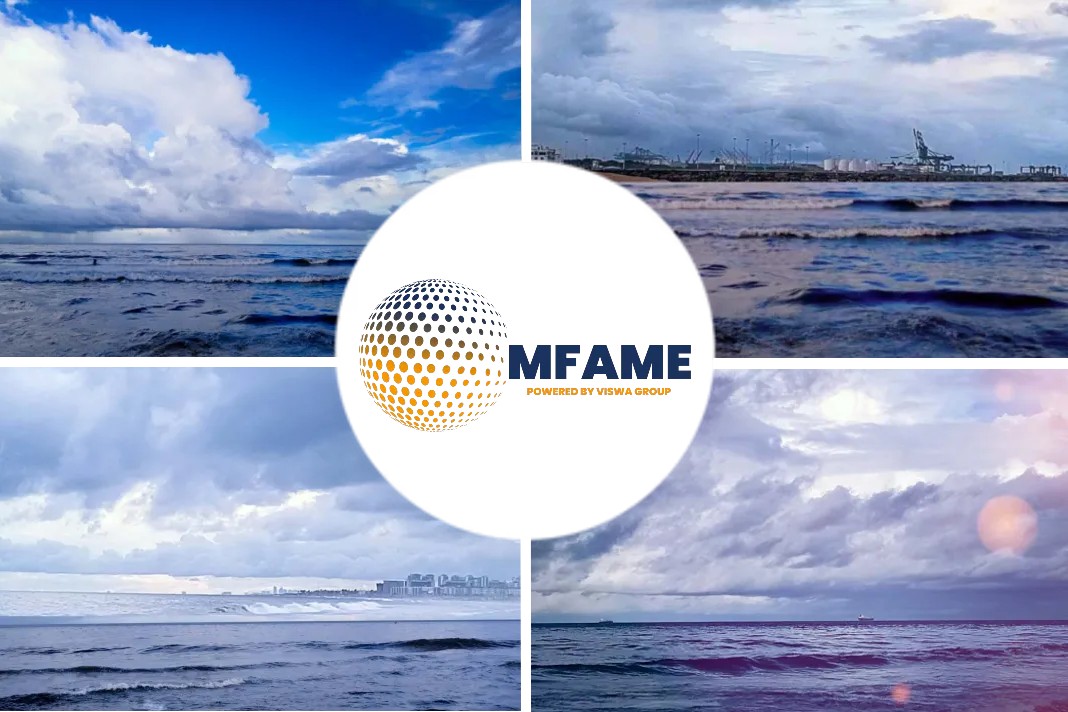A collective response by stakeholders in the container shipping value chain was required to effectively address the critical challenge of meeting the new emissions reduction regulation set to take effect in just over three years’ time, according to the president and CEO of Hyundai Merchant Marine.
CK Yoo said the regulation would hit the industry in an unprecedented manner and likely result in “a paradigm change” driven by new maritime technologies at a level not dissimilar to the effect of the introduction of mega-ships in early 2010.
Yoo used his keynote speech at the industry’s TPM Asia conference in Shenzhen to highlight the scale of the challenge to the meet the regulation, including the potential magnitude of costs involved. He said a doubling of efforts was required by the industry to effectively address the challenge, given the short time frame involved.
“Maritime technologies have in the past been significant enough to change the nature of the industry from cyclical in the past to technology-driven today and a new paradigm change is likely with the environmental regulation which will impact it in a very unprecedented manner.”
While the industry was committed to the principle of the new regulation which is “for the sake of the common good”, Yoo said there are significant concerns over the operational and commercial challenges and numerous uncertainties in terms of how to comply with the conditions of the new regulation.
In the speech he noted that the introduction of mega-ships in 2010 as a result of the low oil price, combined with lower levels of demand, had resulted in a lengthy period of capacity oversupply and low profitability for carriers.
“In the past the industry was cyclical and supply and demand would return to equilibrium. But the traditional business cycle has disappeared and we are now experiencing an “L-shaped” market condition.”
Yoo, who took over at the helm of HMM for the second time in September of last year, highlighted uncertainties and the potential magnitude of the cost burden of the options currently available to ensure compliance. He noted the cost of low Sulphur fuel was currently around 50% higher than heavy marine oil and that it was difficult to forecast with accuracy availability of supply and its cost in 2020.
The cost of installing scrubbers was between USD5 million and USD10 million, he added, and the installation process put ships out of action for close to a year as well as consumed space that would normally go to fee paying cargo volumes.
“A sizeable cost is inevitable no matter what option is chosen.”
“Given the short time frame before the regulation comes into force, we need to double our efforts to address uncertainties by continuously seeking solutions with support from relevant authorities and maritime technology institutions in order to reduce the cost burden and avoid wasted investments.”
Yoo noted that while previous technical changes that had a major impact on the industry were commercially motivated, the new regulation was for environmental protection and the search for and funding of solutions should be undertaken on a collective basis by all of the stakeholders in the container shipping value chain.
Did you subscribe for our daily newsletter?
It’s Free! Click here to Subscribe!
Source: IHS Fairplay






















